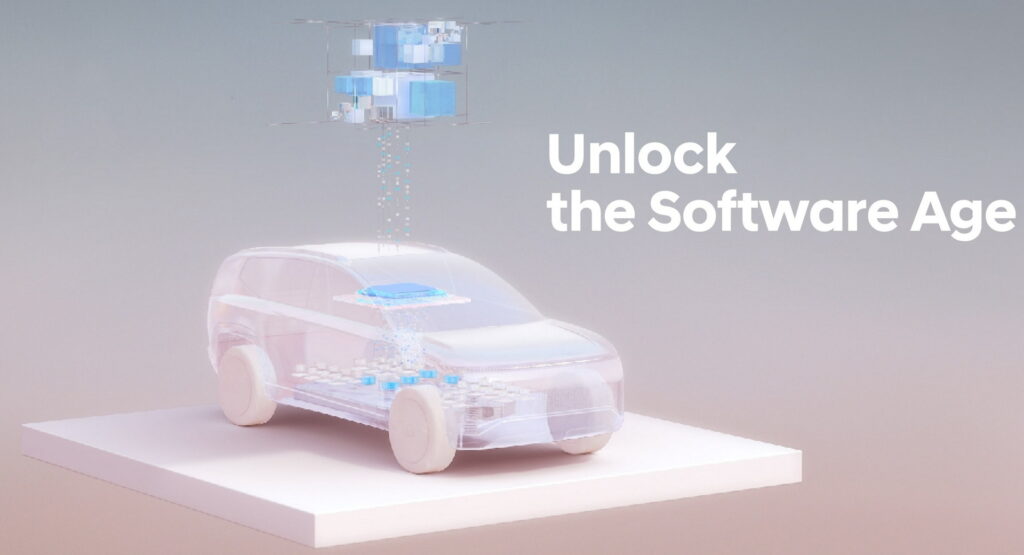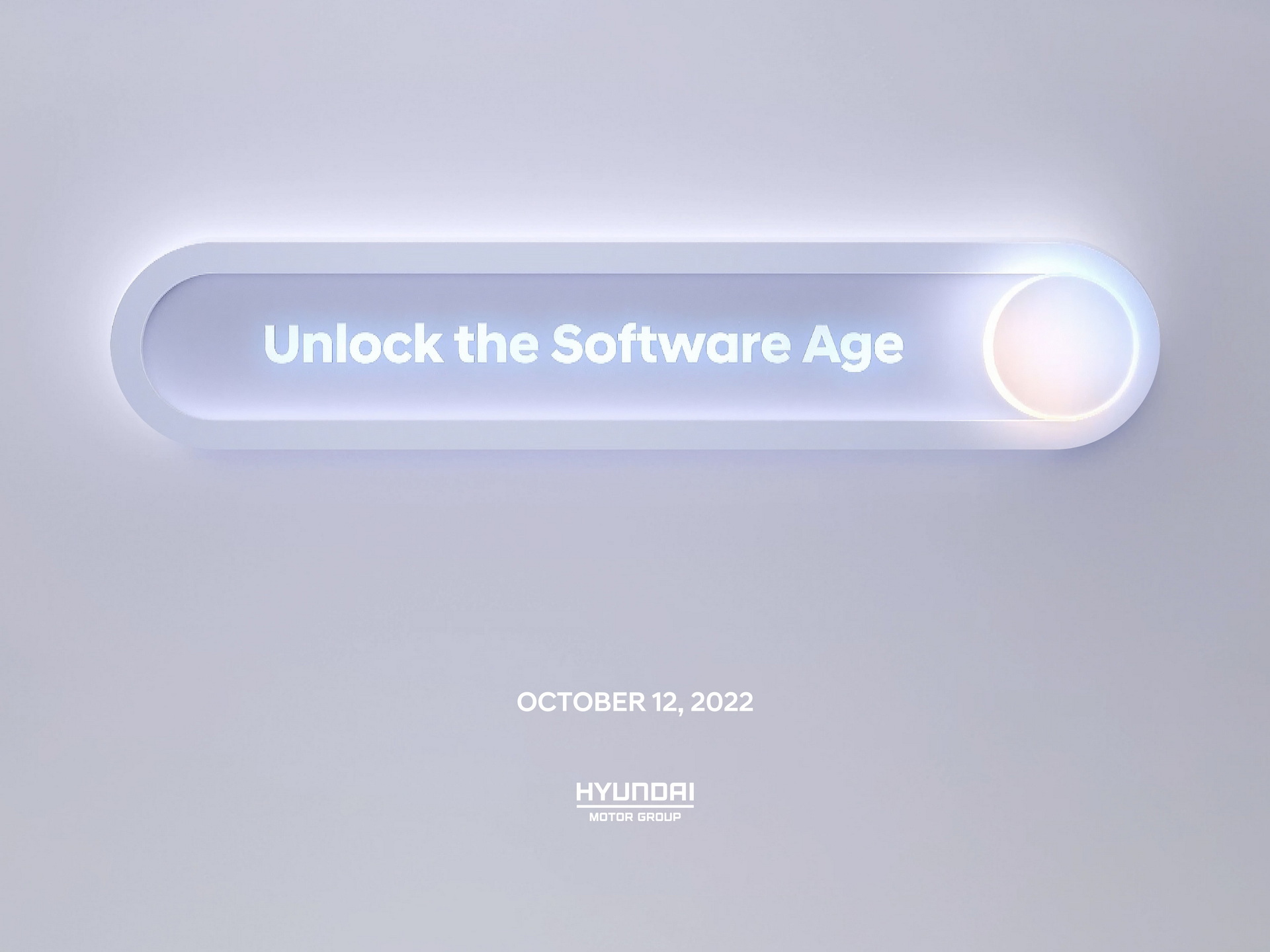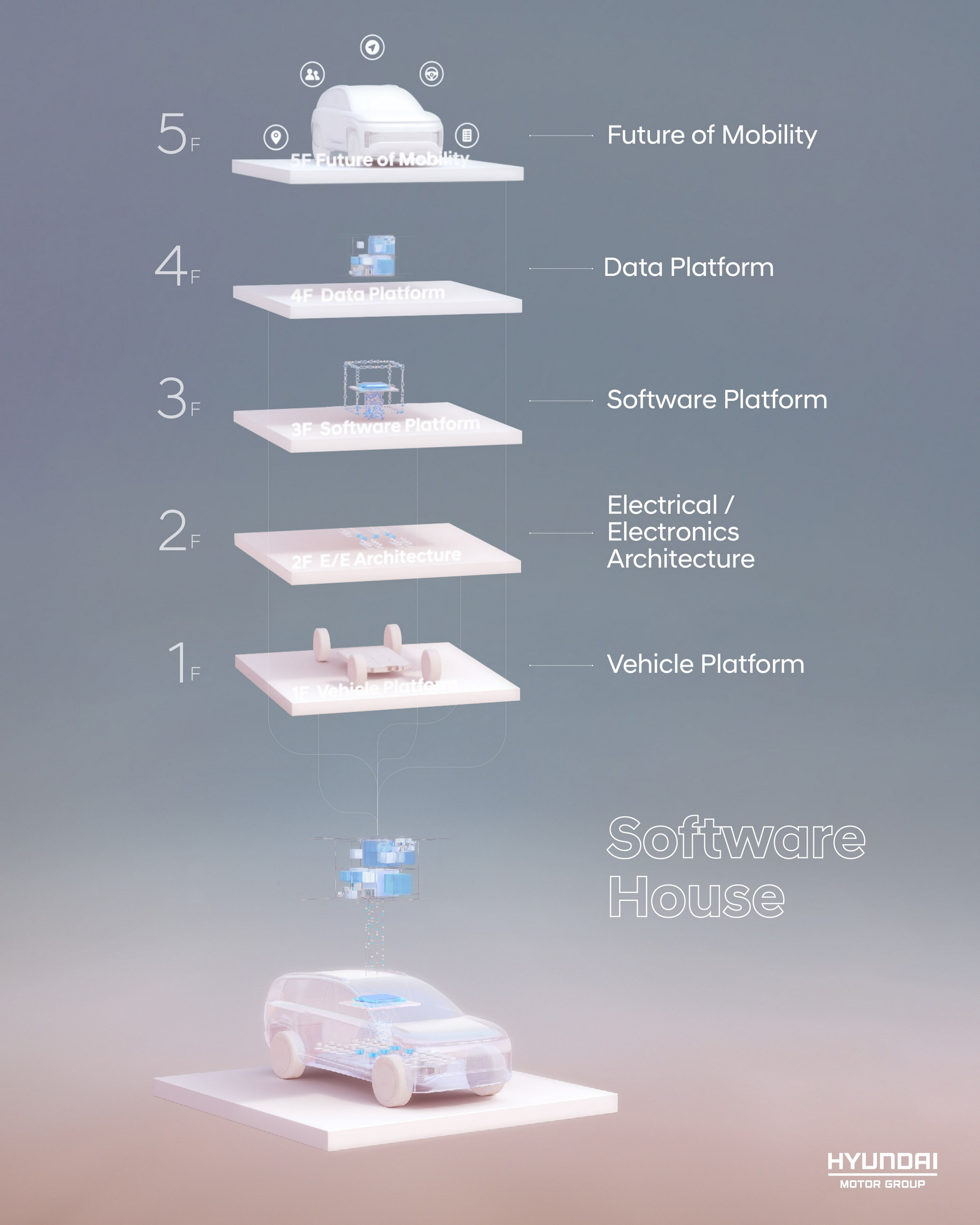Hyundai announced today at a global online forum that its entire lineup of vehicles will become “software defined” by 2025. That means that its vehicles will be moved onto a better digital platform that can keep them connected and up to date for longer.
To achieve that aim, the Hyundai Group will invest 18 trillion won ($12.6 billion USD at current exchange rates) through 2030 into a plan that will see it work on several projects that will allow all of its vehicles to be updated over the air and capable of unlocking new features easily.
All new vehicles from 2023 will be capable of receiving over-the-air updates, which means that by 2025, all of the vehicles in its lineup will be endowed with the capacity to be updated without ever visiting a dealership.
Read Also: Hyundai Starts Selling Third-Party Security Kit To Slow Rampant Thefts In The U.S.
That feature will not be limited to electric vehicles and, the automaker says, will help them retain their value. As updates are easier to introduce and receive, cars will remain more up to date as they age. In addition, Hyundai said it will introduce a feature on demand service next year. This will allow customers to sign up for features and pay for them as needed. The controversial feature has been pioneered by the likes of BMW.
Meanwhile, the automaker says that it will collect massive amounts of data from its connected car services that will allow it to offer new personalized services and features.
Hyundai is also working on a pair of new platforms for electric vehicles that it will introduce in 2025. The eM and eS platforms will underpin new passenger and commercial vehicles respectively.
With a high degree of standardization, the platforms will underpin all of the brand’s vehicles and reduce complexity in Hyundai‘s production. They will also offer a 50 percent increase in driving range over current-generation EVs and will be capable of Level 3 or higher autonomous driving, as well as, of course, over-the-air updates.
The platforms will be complemented by the group’s internally developed connected car operating system (ccOS), which will maximize hardware performance through high computing power and a new data platform. That power will be provided by NVIDIA, with which Hyundai has worked since 2015. The better computing will allow it to achieve its autonomous aims.
“Hyundai Motor Group‘s data platform will not only be simply for driving. It will also play an important role in enhancing the convenience and diversity of the customer’s mobility experience by engaging throughout the vehicle’s entire life cycle,” said Eunsook Jin, Executive Vice President and Head of ICT Innovation Division of Hyundai Motor Group. “Going forward, we’ll also help create a new mobility ecosystem, connecting cars with other mobility devices, based on data connectivity and scalability.”
Hyundai plans to use this technology to move beyond simply improving car journeys. It is working on new mobility devices, such as flying vehicles and robotaxis, to seamlessly connect people. To that end, it will also open a new Global Software Center to stay ahead of the market.
“Today, Hyundai Motor Group has revealed the technology concepts, strategies, and future scenarios related to software-defined vehicles that will underpin the core of future mobility,” said Chung Kook Park, President and Head of R&D Division, Hyundai Motor Group. “Our holistic approach will empower Hyundai Motor Group to lead the transformation in the mobility paradigm. As we take these technological innovations from imagination to reality, Hyundai Motor Group will unlock the future potential of the car and open up new possibilities to rewrite the customer experience and deliver a new way of life, abundant with meaning and value.”






